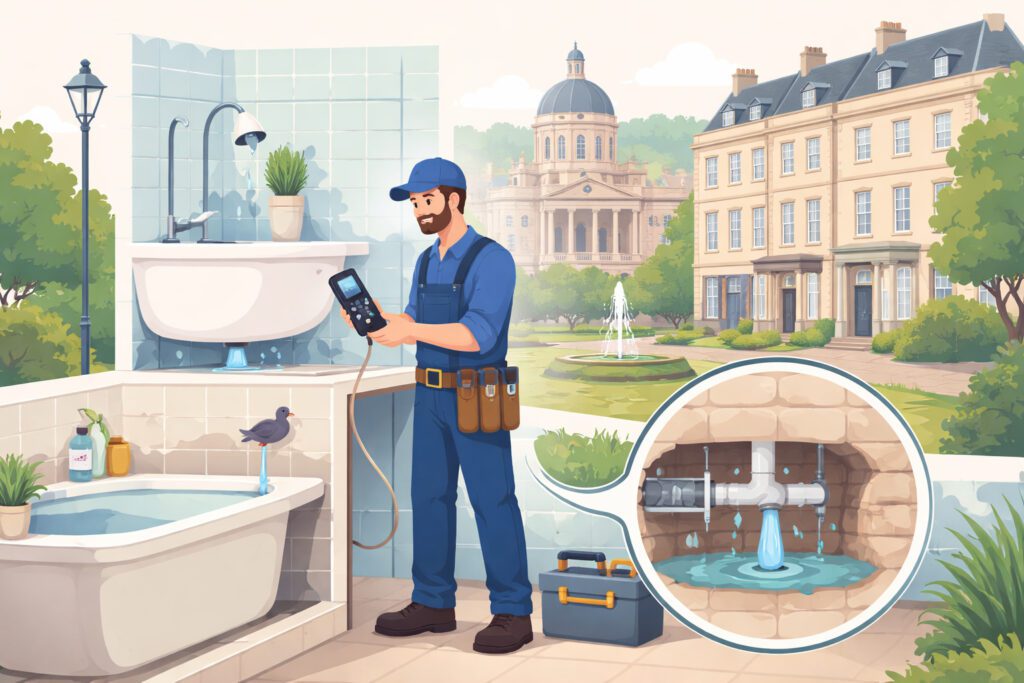
How Plumbers locate Leaks in Bath’s Historic Properties
Unexpected water leaks can cause serious disruption and damage in any property. From hidden pipe bursts behind walls to underground leaks below your garden, these
Keep up to date with the latest happenings at Greensmart HQ, news from the industry and even tips and tricks from the experts on how to get the best out of your plumbing and heating.

Unexpected water leaks can cause serious disruption and damage in any property. From hidden pipe bursts behind walls to underground leaks below your garden, these
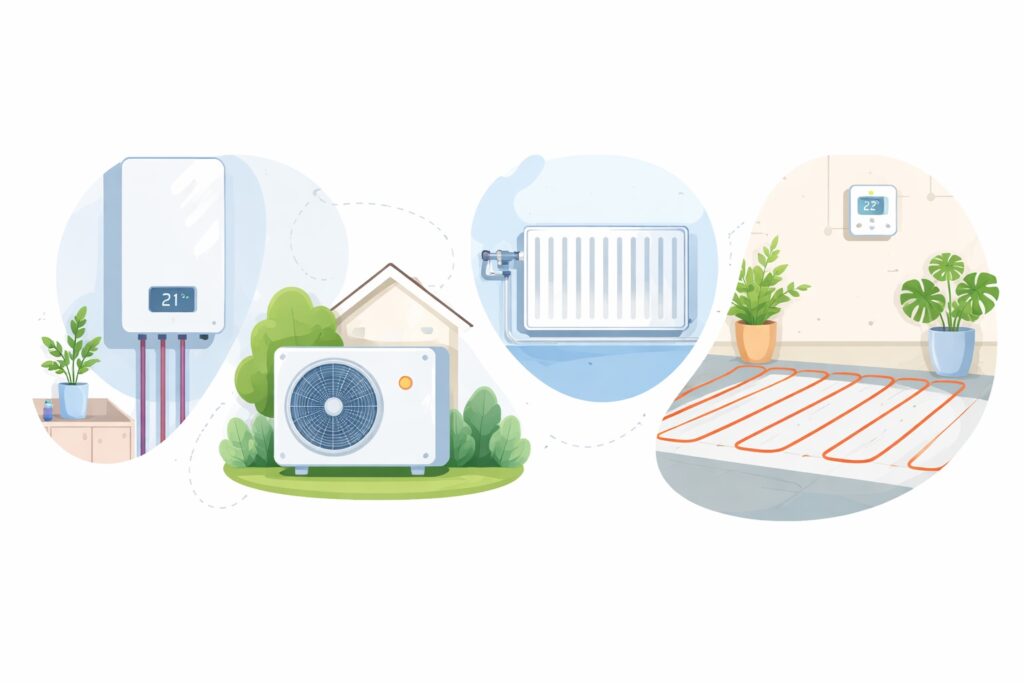
Keeping homes warm and comfortable during Bath’s chilly months relies heavily on an efficient heating system. Many households struggle with energy costs, outdated boilers, or
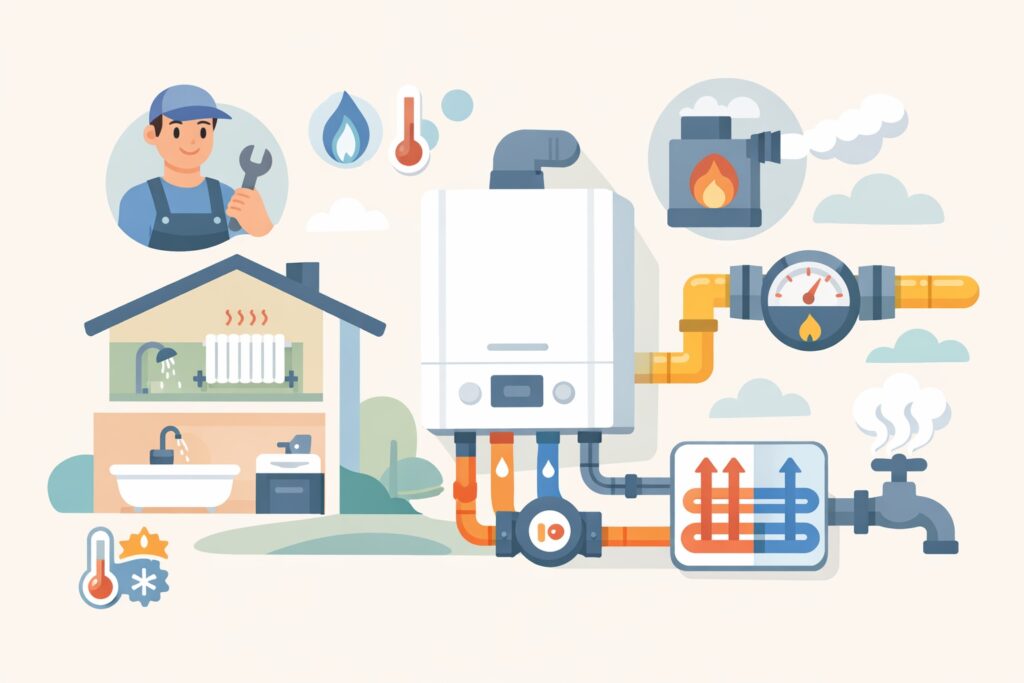
When it comes to reliable home heating, many Bath homeowners turn to gas boilers to keep their spaces warm and energy efficient. The gas boiler
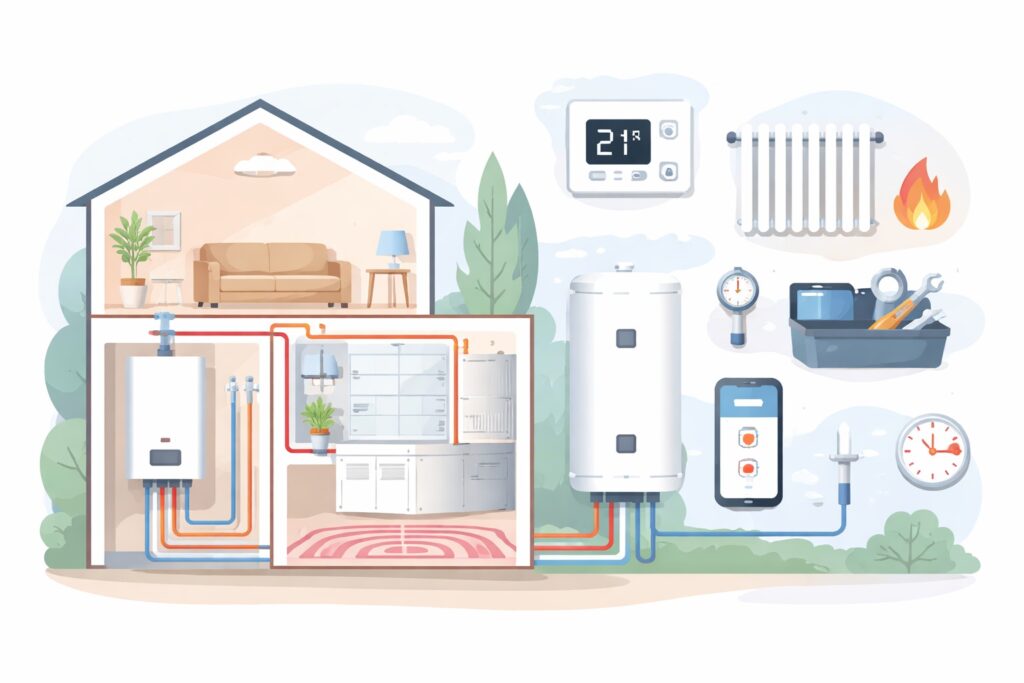
When it comes to staying comfortable through chilly Somerset winters, reliable central heating services are essential for homeowners. Many properties across Bath have older heating
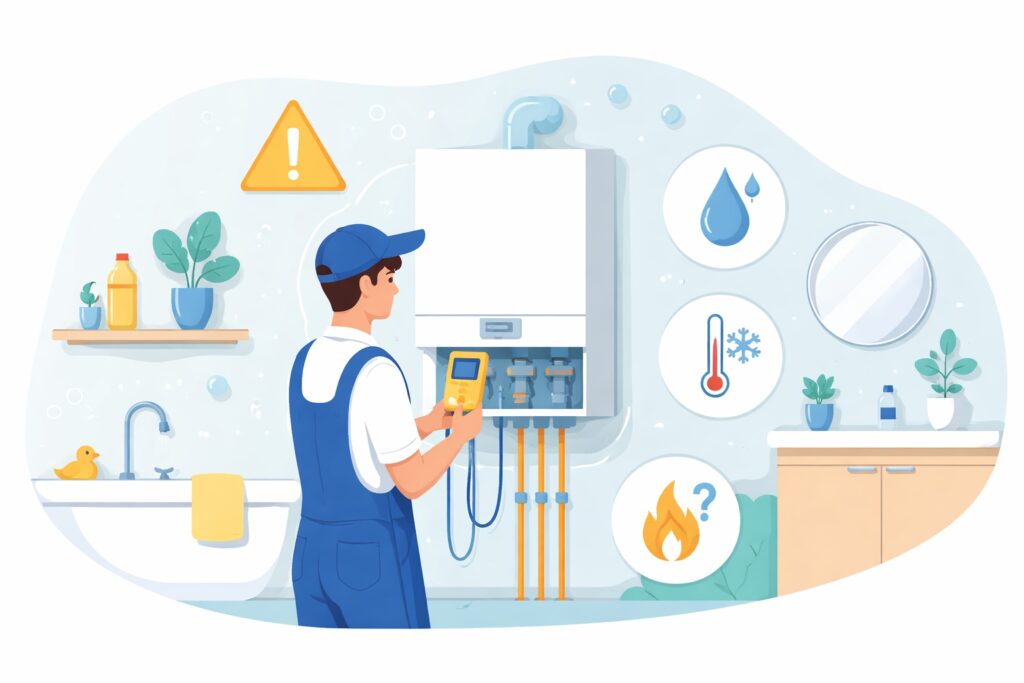
For many residents, reliable Bath gas boiler repairs are essential to keep their homes warm and comfortable. When your boiler falters, it often happens at
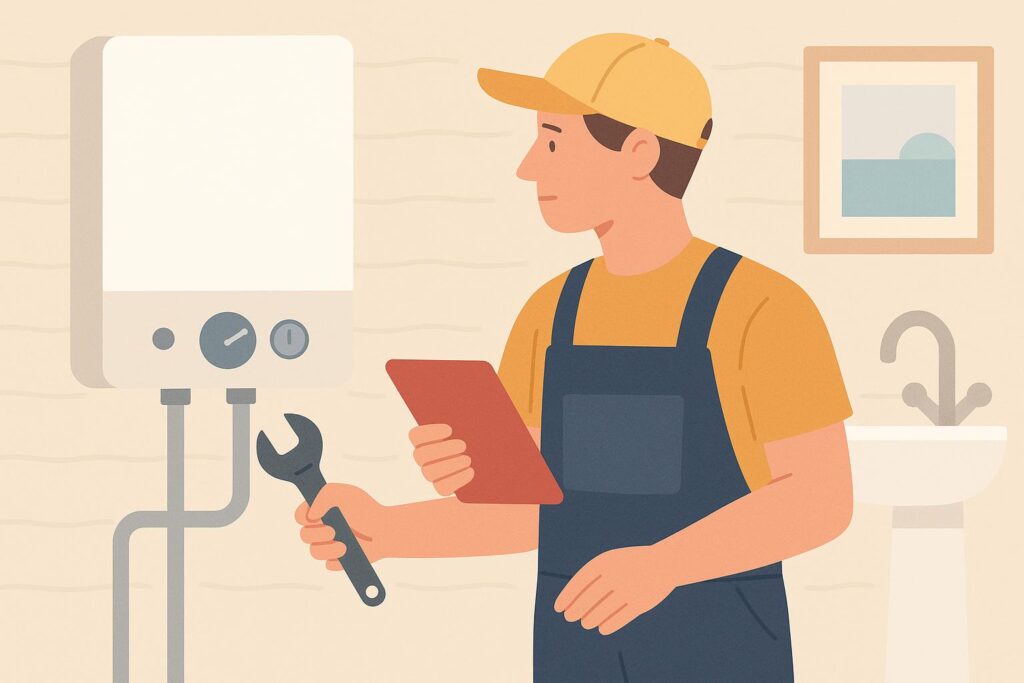
For homeowners seeking reliable professional boiler servicing in Bath, understanding how often to schedule maintenance is key to keeping heating systems running safely and efficiently.
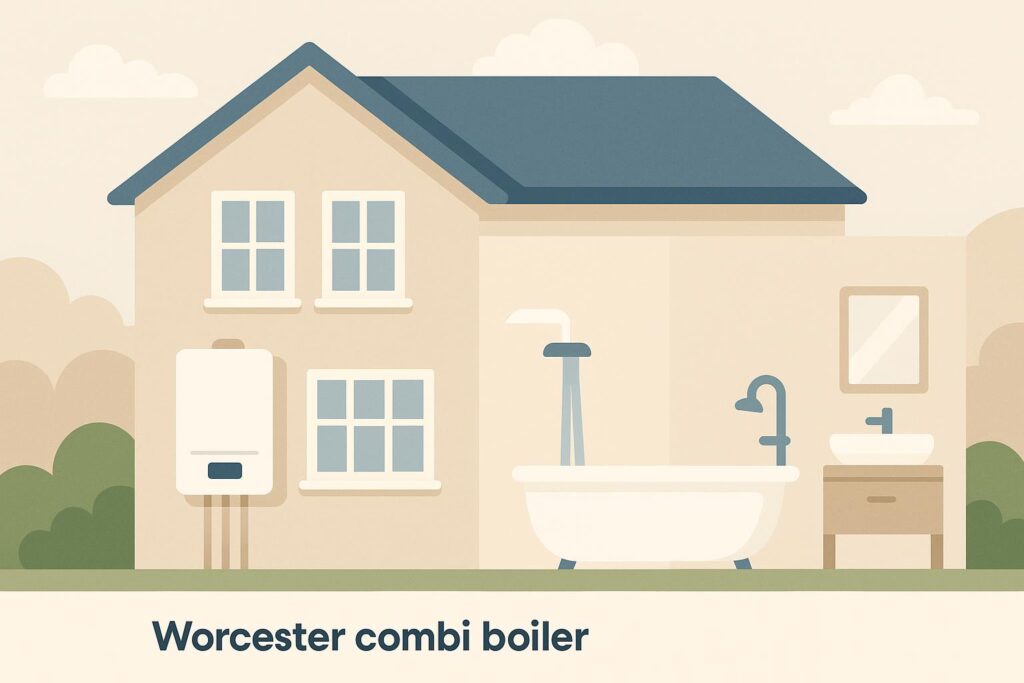
When it comes to reliable heating and hot water, residents across Bath often rely on Worcester combi boilers for their trusted performance. However, to keep
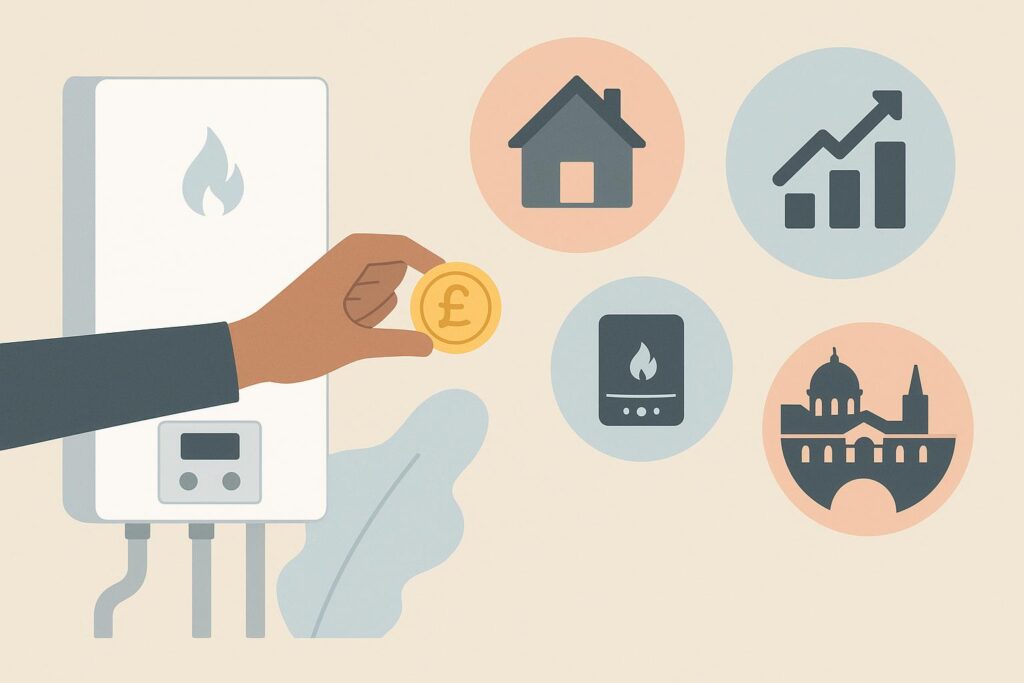
When it comes to arranging boiler replacement services in Bath, homeowners often wonder what factors determine the final cost of a quote. Common pain points
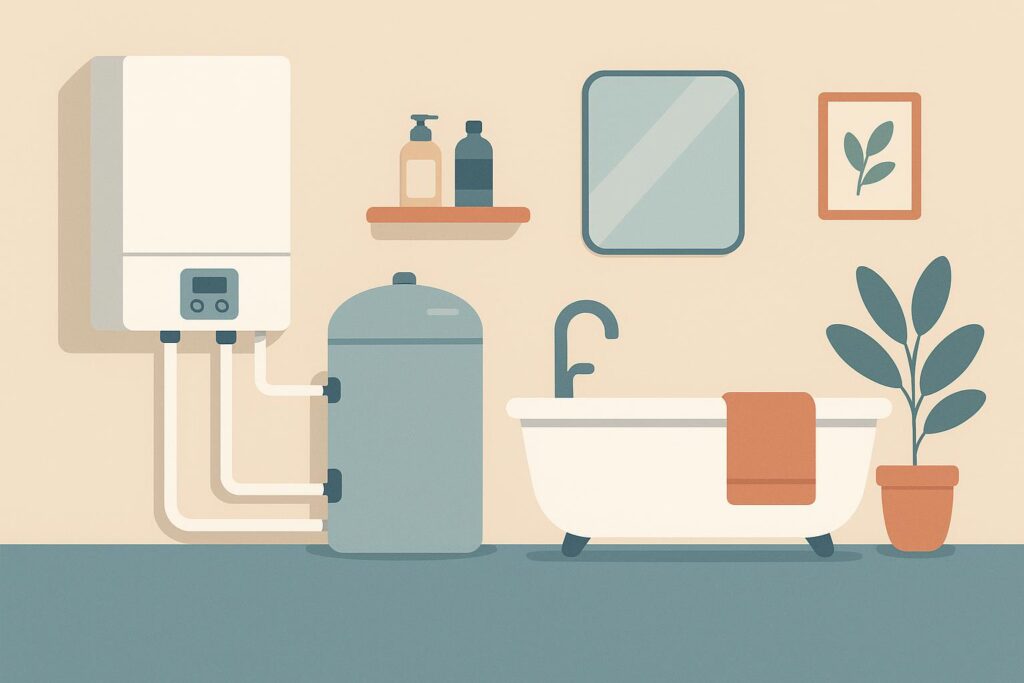
When choosing a new heating system for your home, finding the right boiler type can feel daunting. Whether you’re grappling with low water pressure, inconsistent
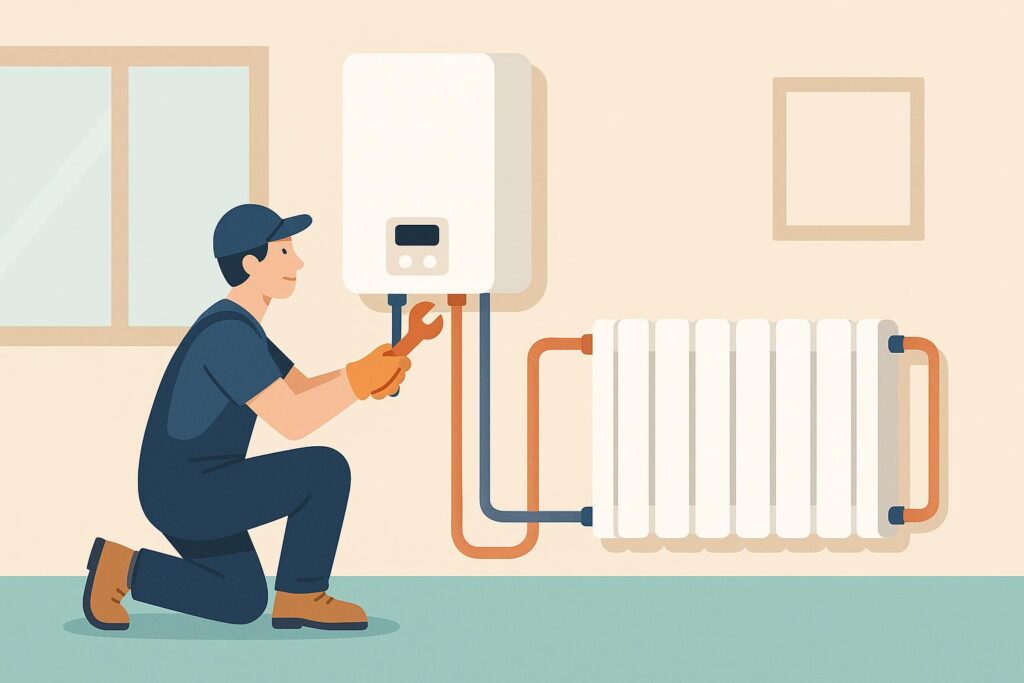
When it comes to central heating installation in Bath, homeowners often face a mix of excitement and uncertainty. The thought of having a warm, comfortable
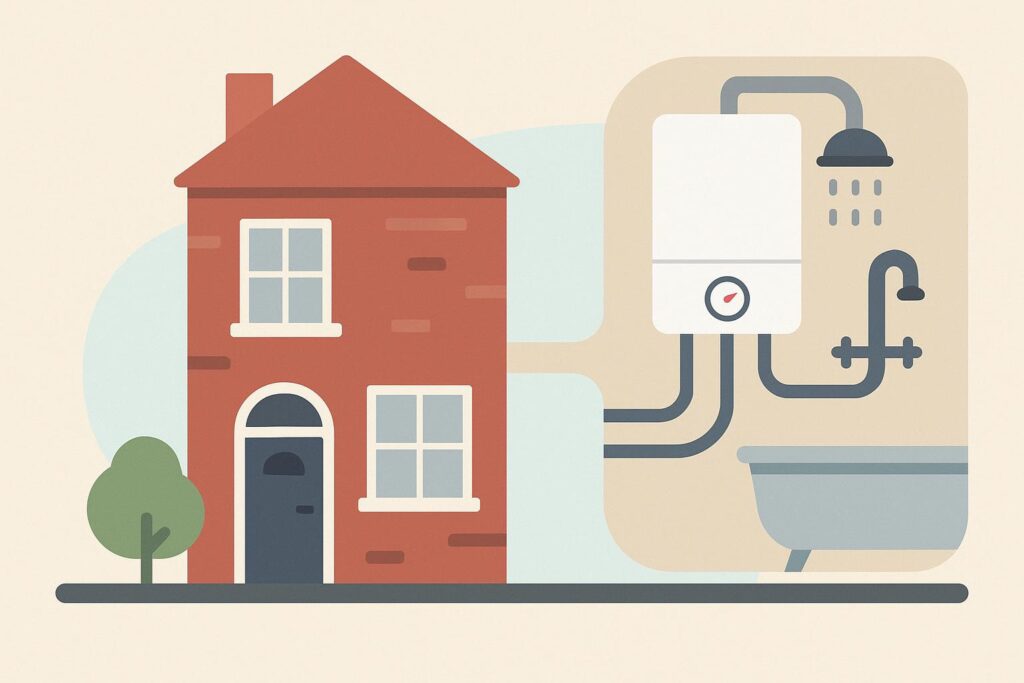
Choosing the right heating system can be a challenge for many homeowners, especially when it comes to upgrading an older unit or improving energy efficiency.
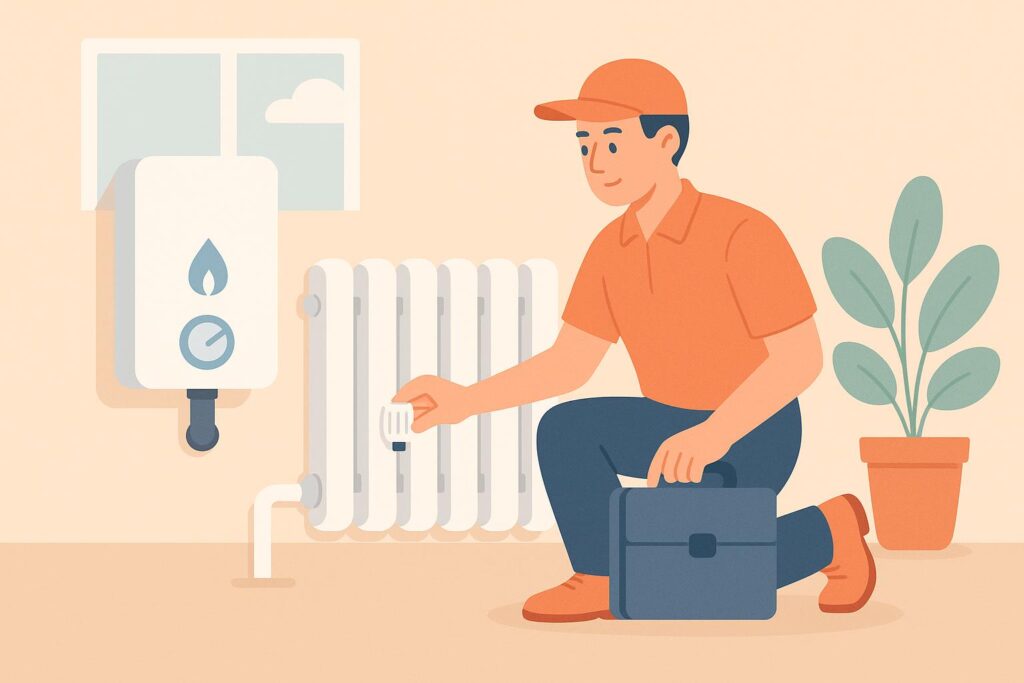
As winter sets in across Wiltshire, homeowners are reminded of the importance of keeping their heating systems in peak condition. Regular boiler servicing in Corsham
If you’re in need of urgent assistance, you can fill in this form and we’ll get back to you asap.
Outside of office hours please call 01225 982222